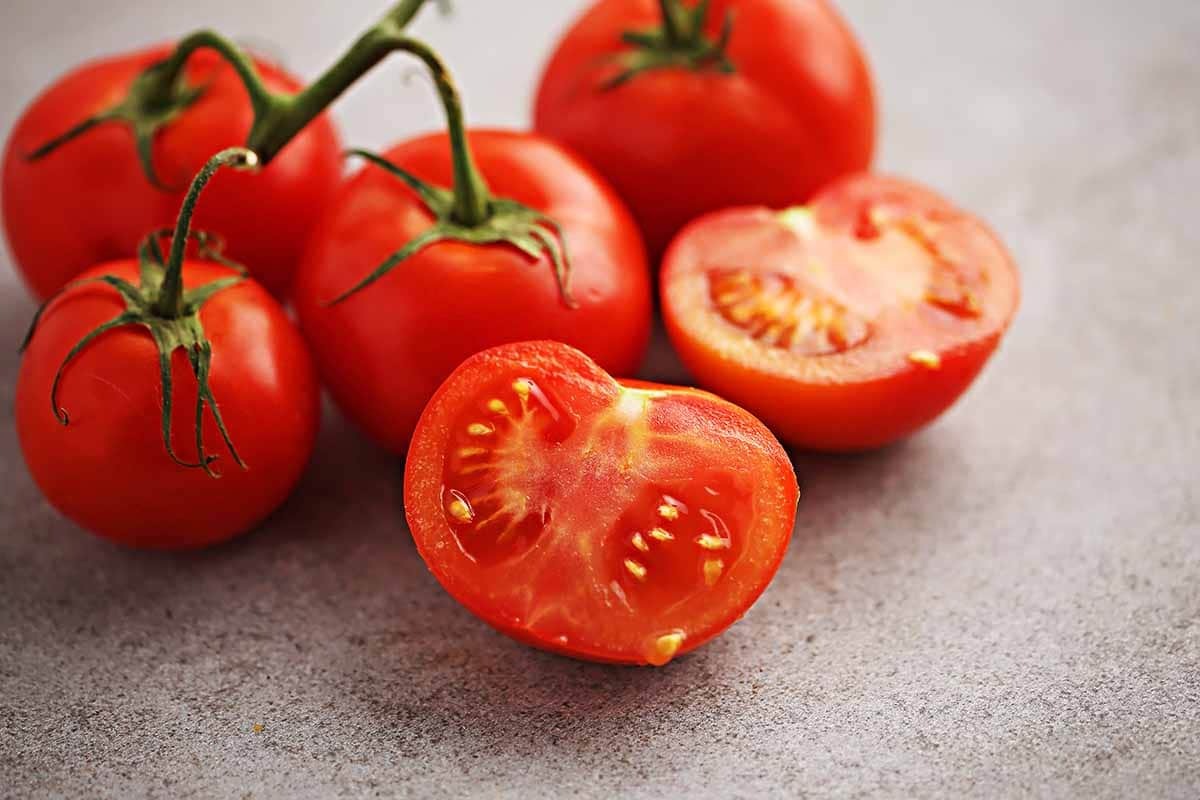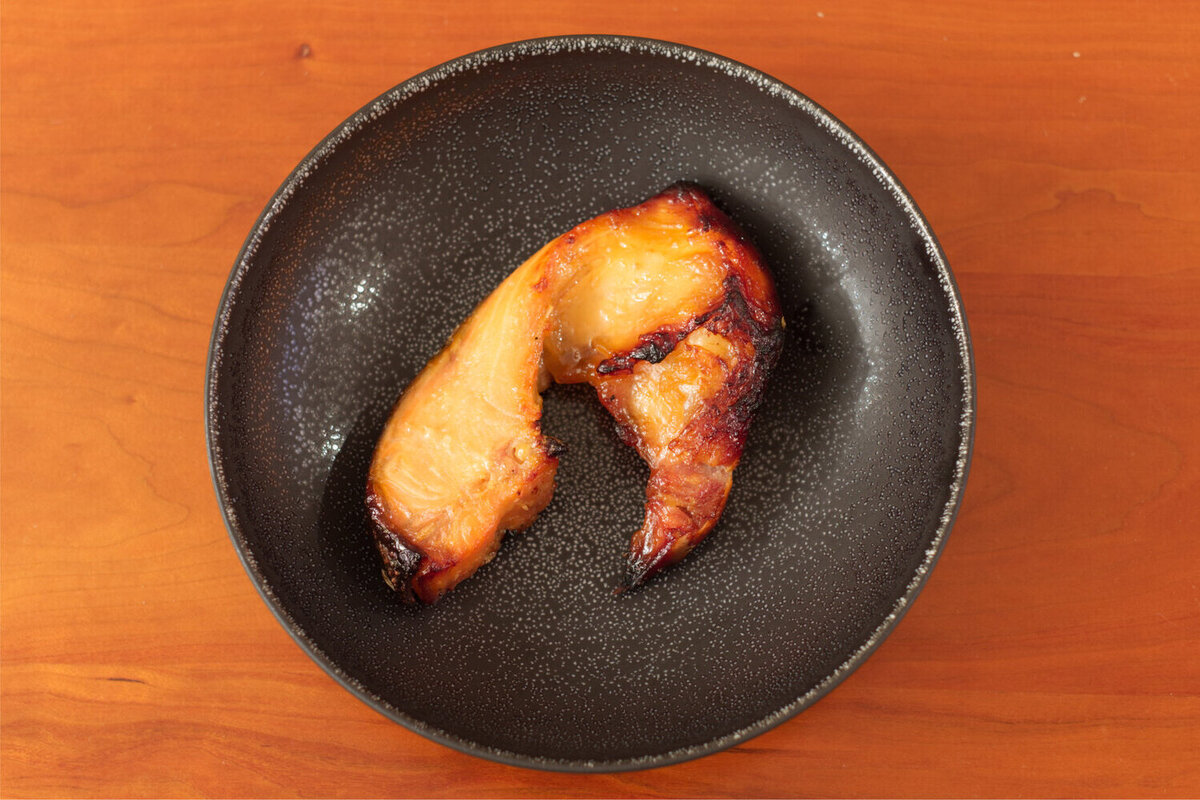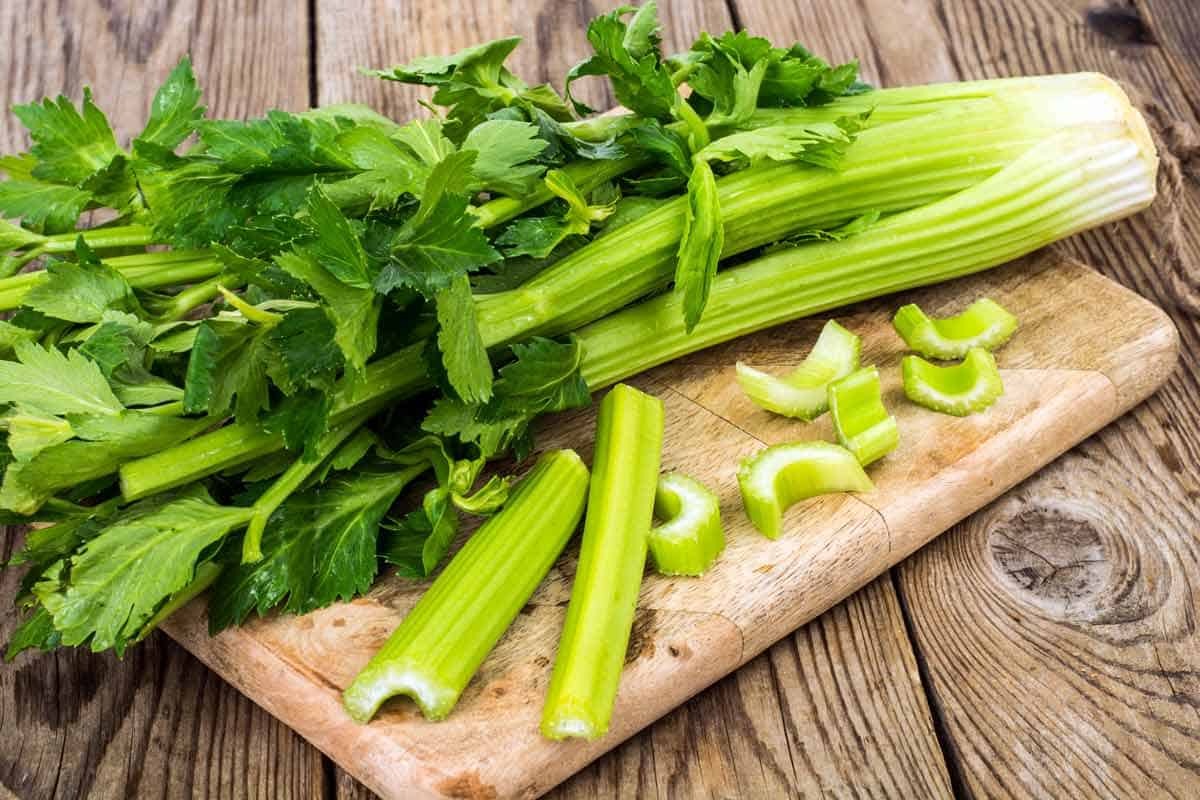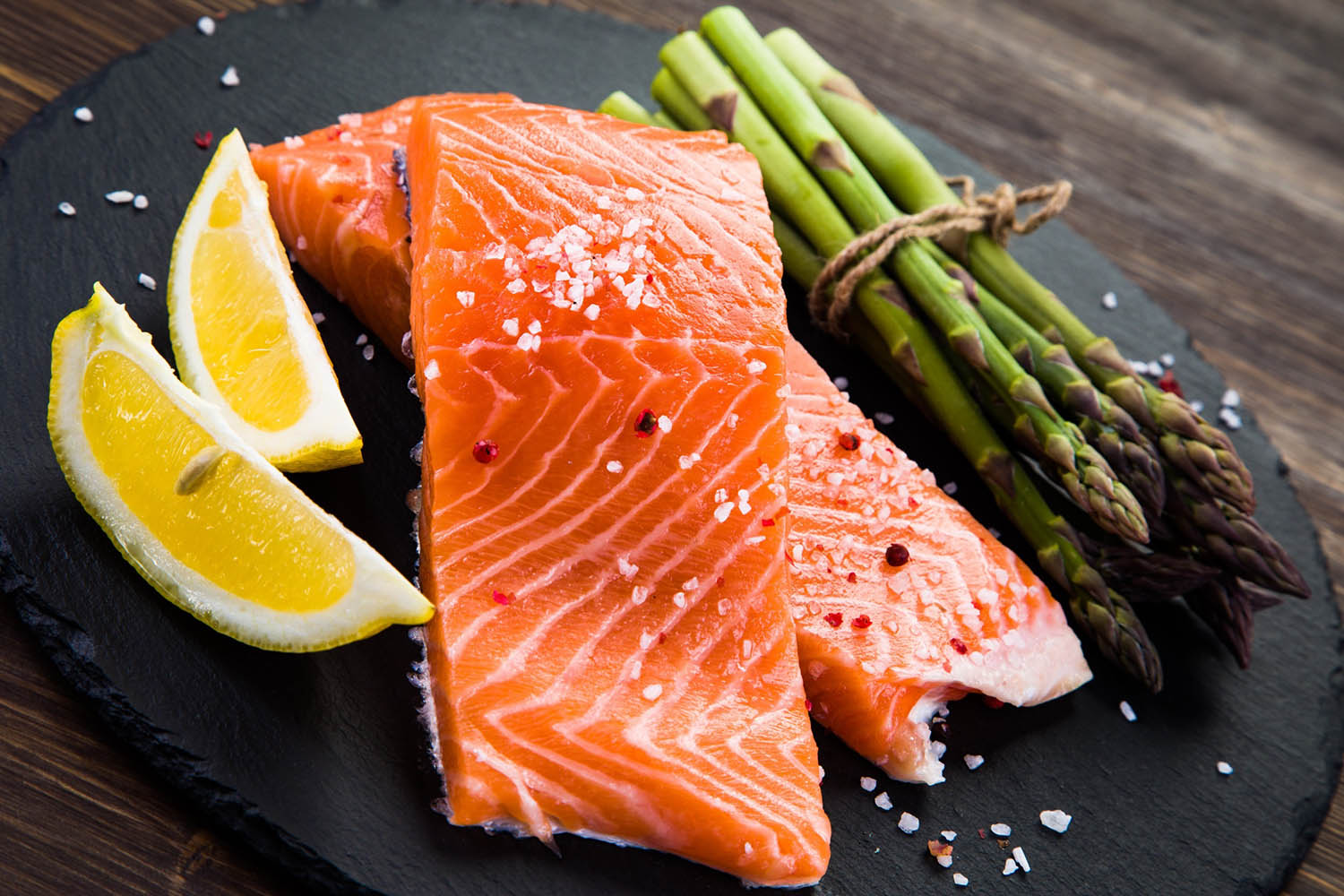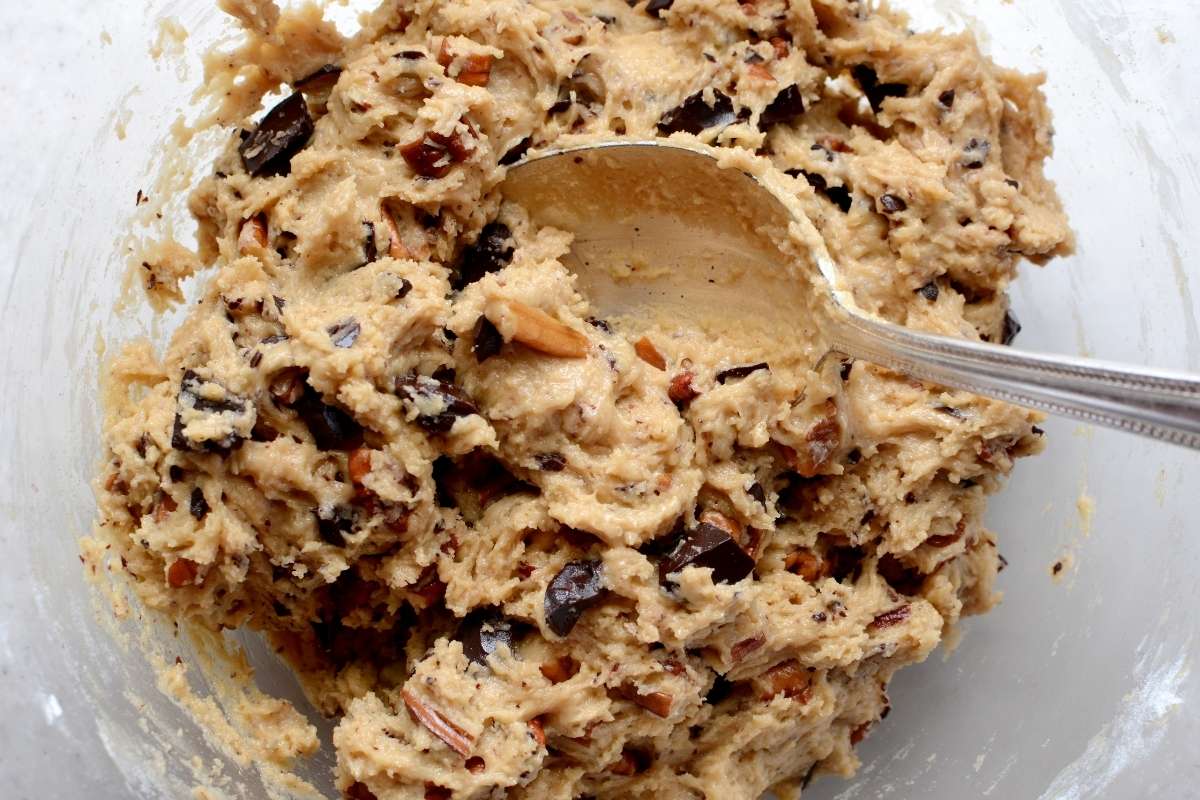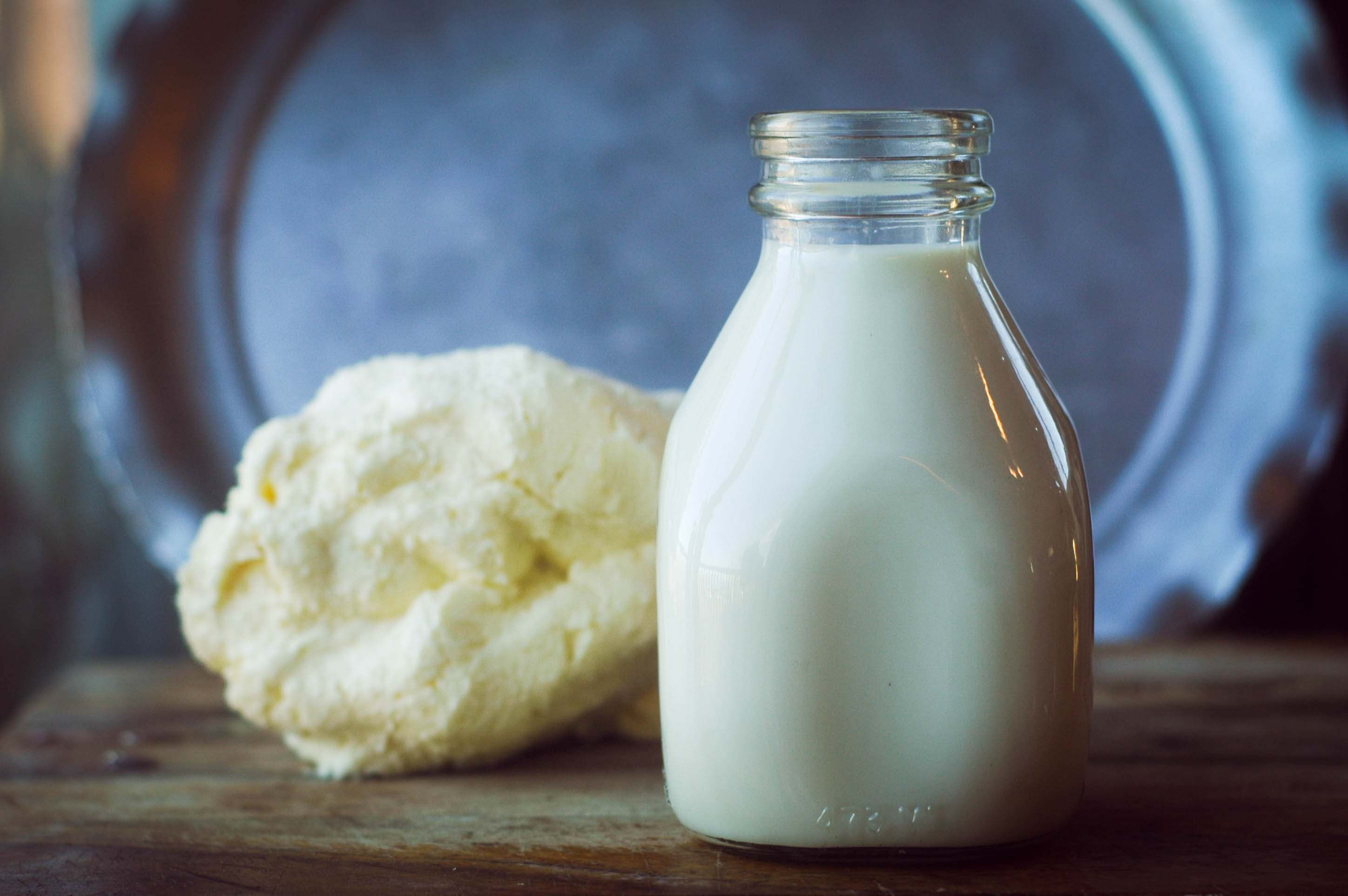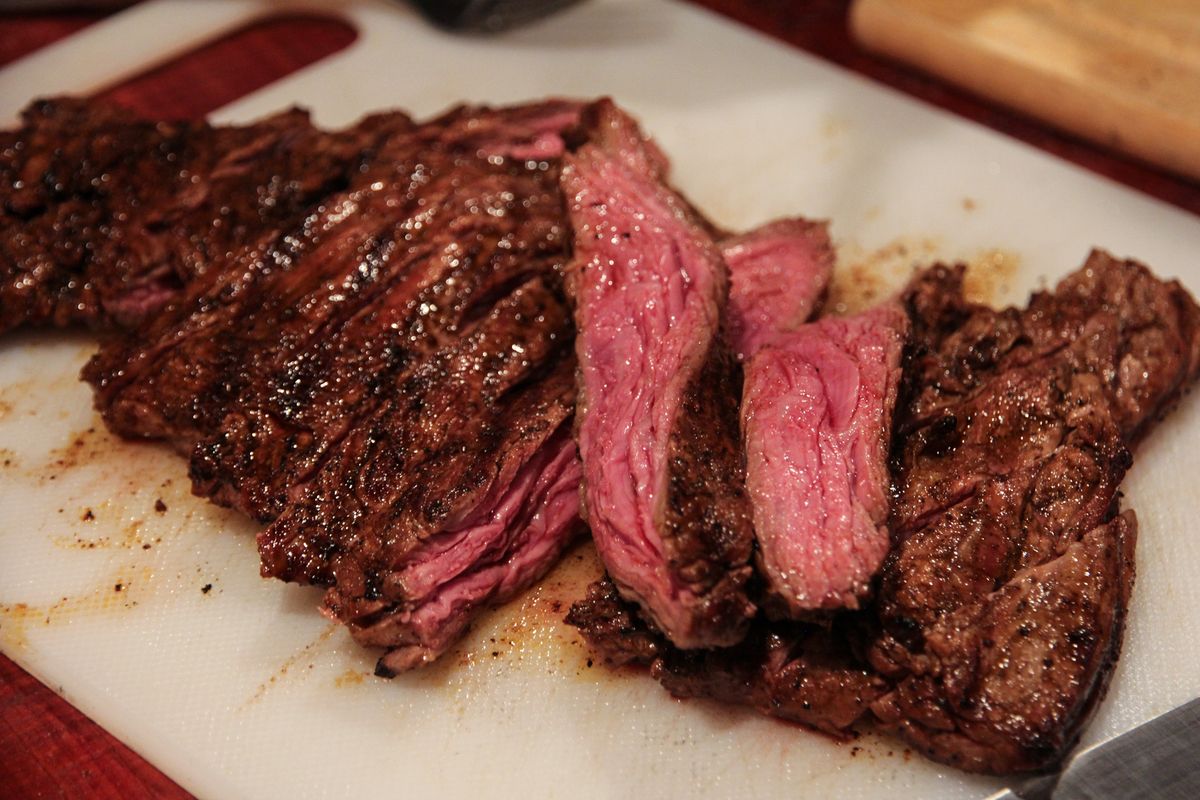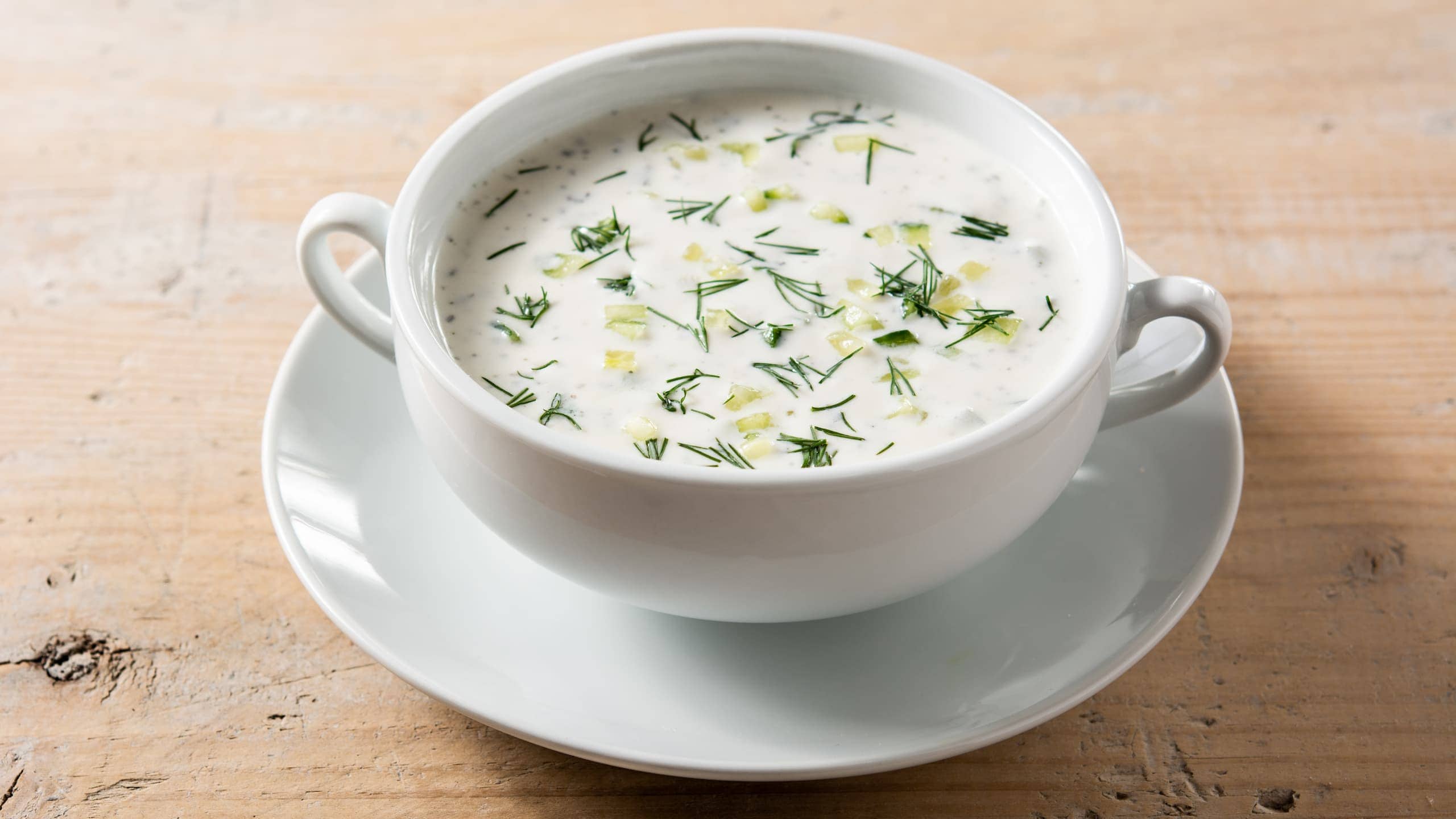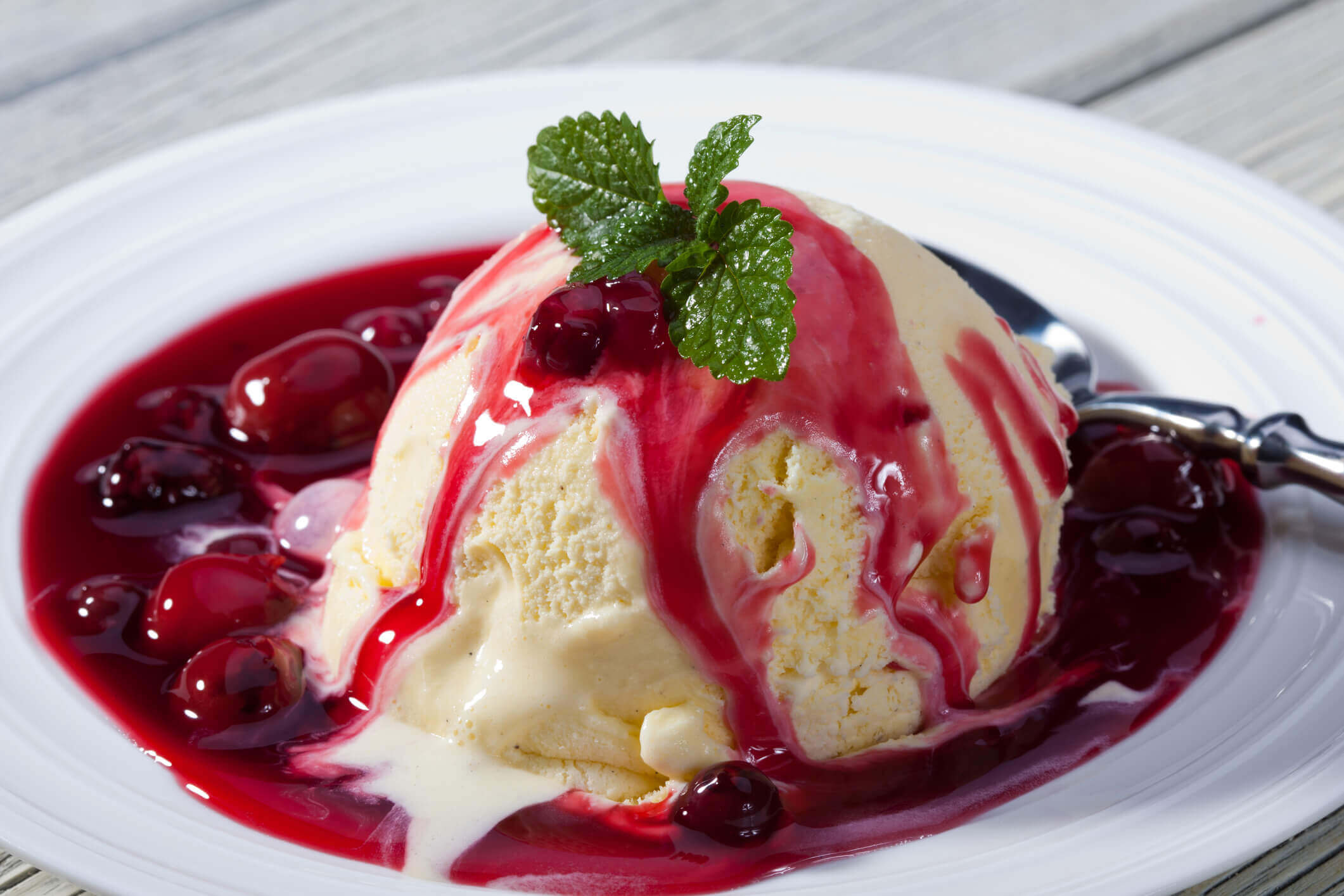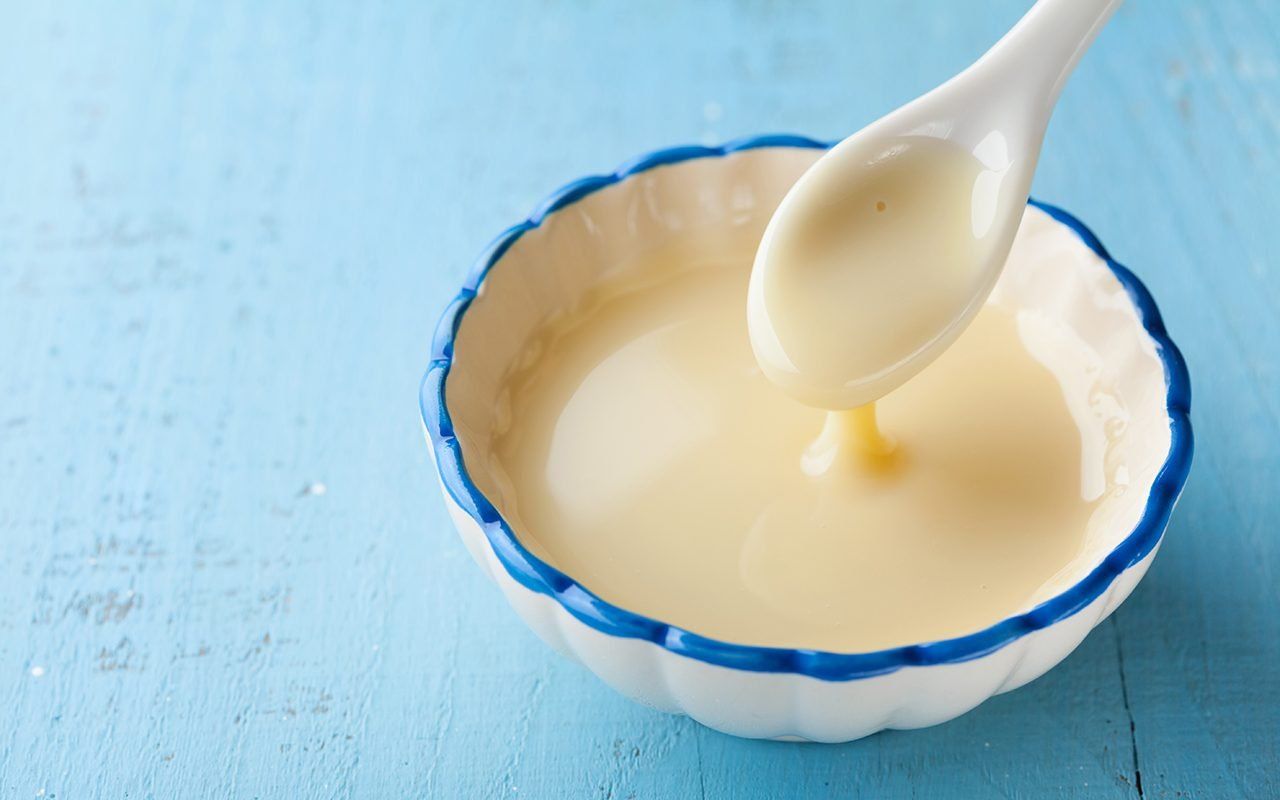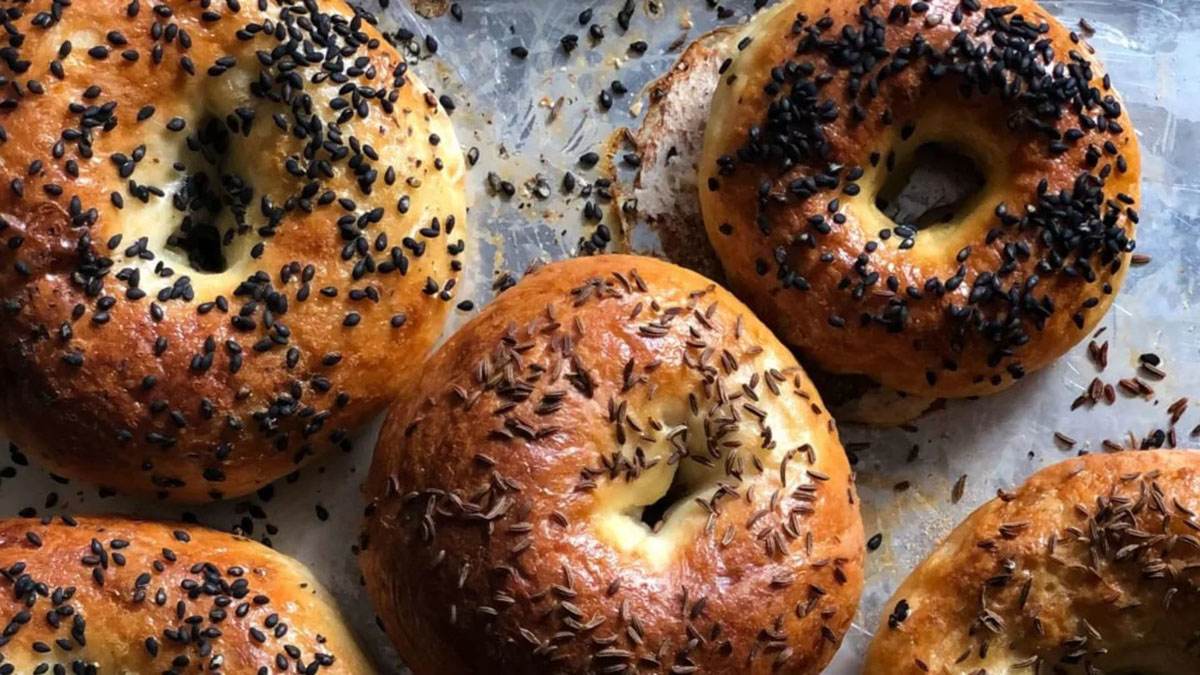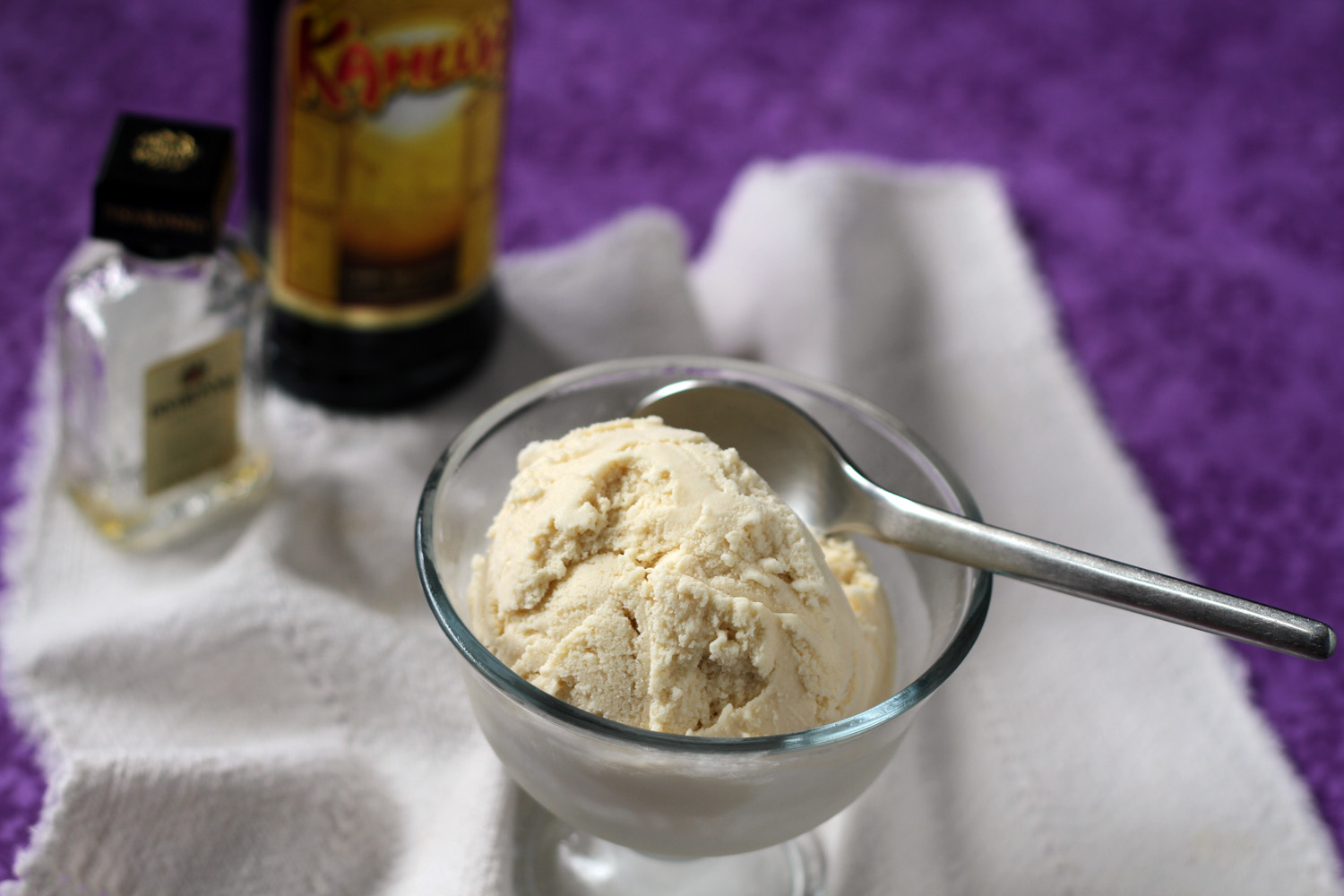When it comes to cooking and baking, precise measurements are crucial for achieving the perfect results. Whether you're following a recipe or experimenting with your own culinary creations, understanding the conversion between grams and cups is essential. In this article, we'll explore the question, "What is 50 grams to cups?" and provide a comprehensive guide to help you navigate this common kitchen conversion.
Understanding the Basics
Before we delve into the specific conversion of 50 grams to cups, it's important to have a basic understanding of these measurements.
-
Grams: Grams are a unit of mass or weight commonly used in the metric system. In cooking and baking, ingredients such as flour, sugar, and butter are often measured in grams for accuracy.
-
Cups: Cups are a volume measurement used in both the metric and imperial systems. In many recipes, especially those originating from the United States, ingredients like liquids, grains, and other dry goods are often measured in cups.
Converting 50 Grams to Cups
Now, let's address the question at hand: What is 50 grams to cups? The conversion between grams and cups can vary depending on the ingredient being measured. Here are some common conversions for popular kitchen ingredients:
- Flour: 50 grams of flour is approximately 0.4 cups.
- Granulated Sugar: 50 grams of granulated sugar is approximately 0.25 cups.
- Butter: 50 grams of butter is approximately 0.22 cups.
Tips for Accurate Measurements
Achieving precision in the kitchen requires attention to detail and the use of proper measuring tools. Here are some tips to ensure accurate measurements when converting between grams and cups:
-
Use a Kitchen Scale: Investing in a digital kitchen scale can greatly improve the accuracy of your measurements, especially when working with grams.
-
Fluff and Spoon: When measuring dry ingredients like flour, use a spoon to fluff up the flour in its container, then spoon it into a measuring cup and level it off with a straight edge for an accurate measurement.
-
Consider Ingredient Density: Keep in mind that different ingredients have varying densities, which can affect their volume-to-weight ratio. For example, 50 grams of oats will take up more space than 50 grams of sugar due to differences in density.
Why Precision Matters
In the world of cooking and baking, precision matters for several reasons:
-
Consistent Results: Accurate measurements help ensure that your dishes turn out consistently delicious each time you prepare them.
-
Recipe Integrity: Many recipes are carefully calibrated, and deviations in measurements can alter the final outcome.
-
Baking Science: Baking, in particular, relies on precise measurements to achieve the desired chemical reactions and textures.
Conclusion
In conclusion, understanding the conversion of 50 grams to cups is an essential skill for any home cook or baker. By familiarizing yourself with these conversions and using proper measuring techniques, you can elevate your culinary creations and achieve the perfect results every time. Whether you're whipping up a batch of cookies or preparing a savory dish, precision in measurements is the key to success in the kitchen.
Was this page helpful?
Read Next: What Is 7/8 Cup In Tablespoons
